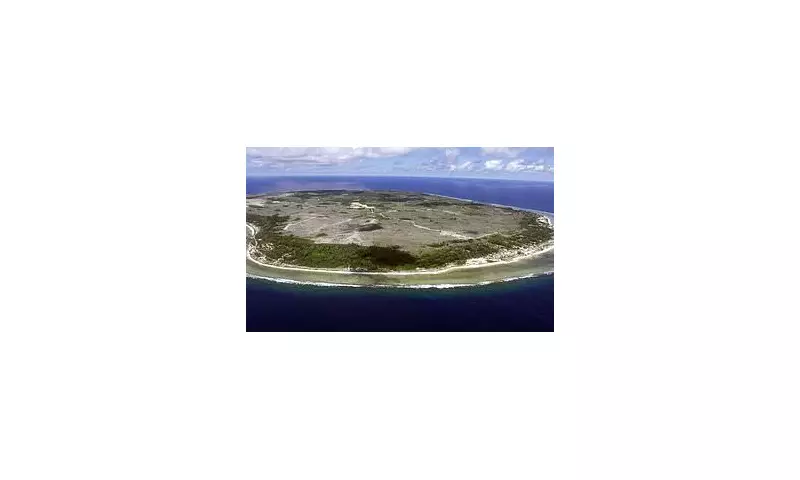
Australia has initiated a contentious new border policy that sees migrant criminals being transported to a remote Pacific island, in a move that echoes the UK's controversial Rwanda deportation scheme.
The first group of foreign nationals with criminal convictions has been ferried to the barren island territory, marking the start of a hardline approach to immigration enforcement that has already drawn sharp criticism from human rights organisations.
A Barren New Home for Offenders
The selected location is described as a sparsely populated Pacific nation with limited infrastructure and harsh living conditions. Critics argue the environment amounts to punitive exile rather than legitimate immigration management.
Government officials defend the policy as necessary for community safety, stating that foreign-born criminals who've violated their visa conditions must face consequences beyond simple deportation to their home countries.
Parallels to UK Immigration Strategy
The Australian scheme bears striking resemblance to Britain's stalled Rwanda plan, with both nations seeking offshore solutions for immigration challenges. This development comes as several Western nations explore third-country processing options for asylum seekers and immigration offenders.
Human rights advocates have condemned the approach, warning that transferring people to remote locations with inadequate facilities could violate international obligations regarding humane treatment.
Political and Legal Challenges Ahead
The policy is expected to face multiple legal challenges, similar to the obstacles encountered by the UK government's Rwanda scheme. Immigration lawyers are preparing cases arguing that the transfers constitute unlawful punishment and fail to provide proper access to legal representation.
Meanwhile, the Australian government maintains that the policy targets only those who've committed serious crimes while in the country on visas, emphasising that public safety remains their primary concern.
As the first transfers proceed, international attention focuses on how this aggressive immigration stance will play out both legally and diplomatically for the Australian government.





